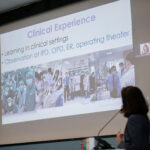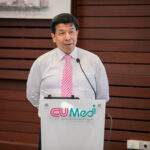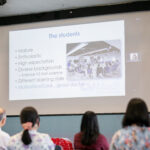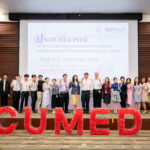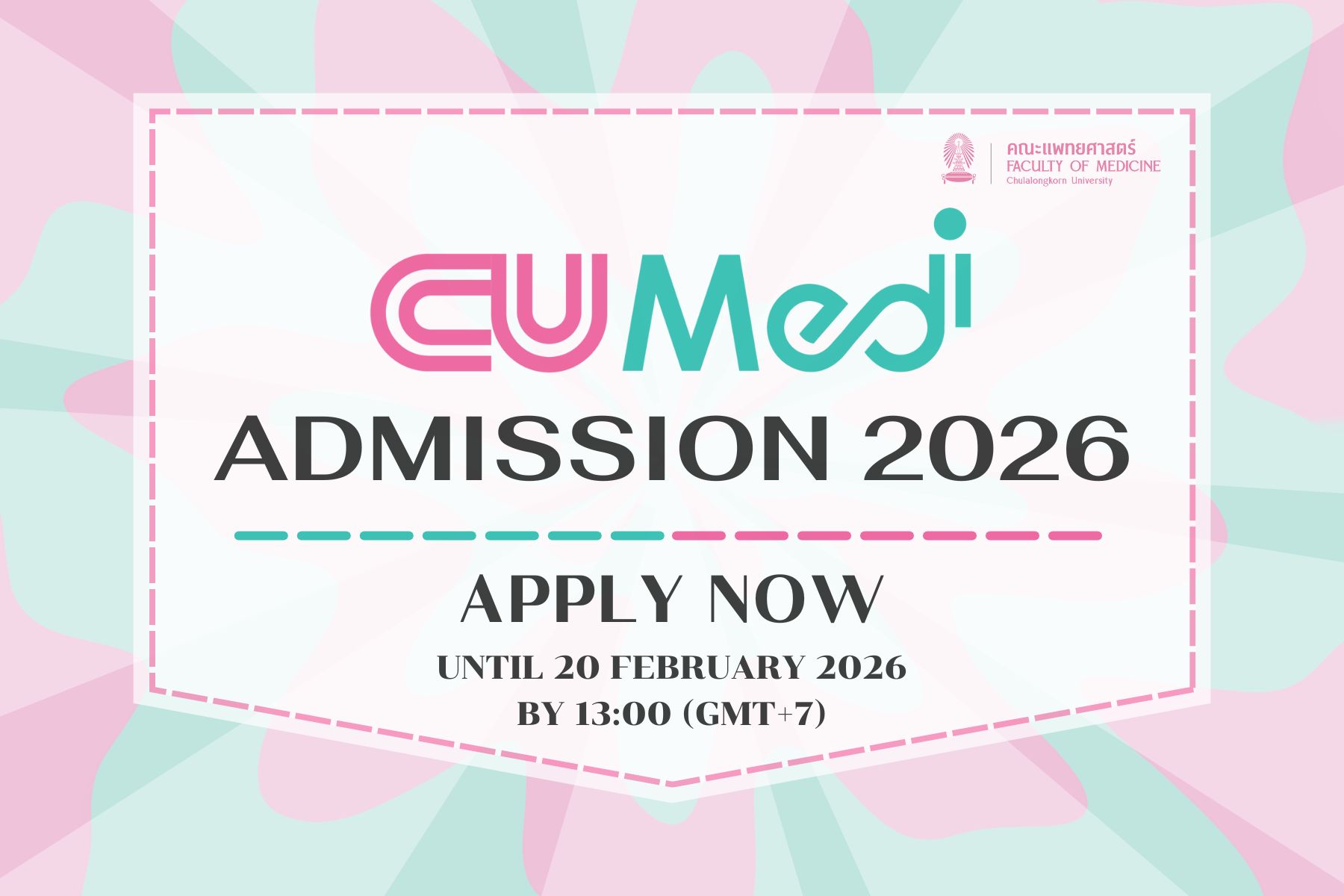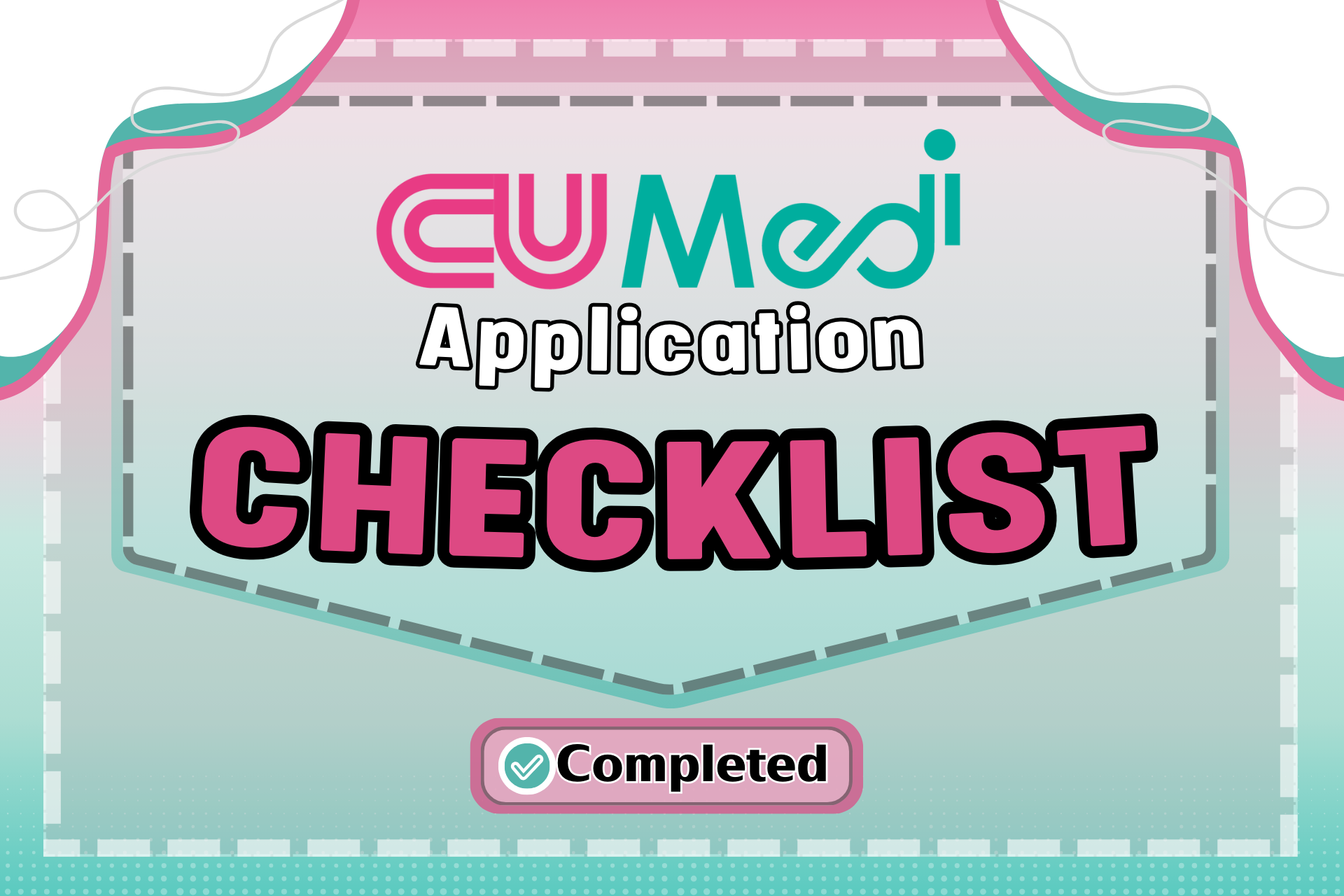Public Hearing on the Chulalongkorn University International Medical Program (CU-MEDi) Curriculum Revision (2026 Curriculum)
On Friday, April 4, 2025, a public hearing was held to gather feedback on the draft curriculum of the Chulalongkorn University International Medical Program (CU-MEDi), as part of the proposed 2026 Curriculum Revision.
The event aimed to provide an open platform for stakeholders—including faculty members, academic experts, healthcare professionals, students, and the general public—to share their opinions and suggestions regarding the proposed curriculum changes.
Key activities during the session included:
- Associate Professor Dr. Chanchai Sitthipunt, Dean of the Faculty of Medicine, Chulalongkorn University, delivered the opening remarks, emphasizing the importance of stakeholder engagement in the curriculum development process.
- Professor Dr. Nijasri Charnnarong, Deputy Dean for Academic Services and Director of CU-MEDi, presented an overview of the draft curriculum revisions and outlined the future direction of the program.
- An open Q&A and discussion session allowed participants—faculty, students, and other stakeholders—to share their questions, feedback, and recommendations.
This public hearing forms an essential part of the curriculum development process to ensure that the program aligns with international standards and addresses the evolving needs of medical education at both local and global levels. All feedback received will be considered in finalizing the revised curriculum before it is submitted for official approval.





